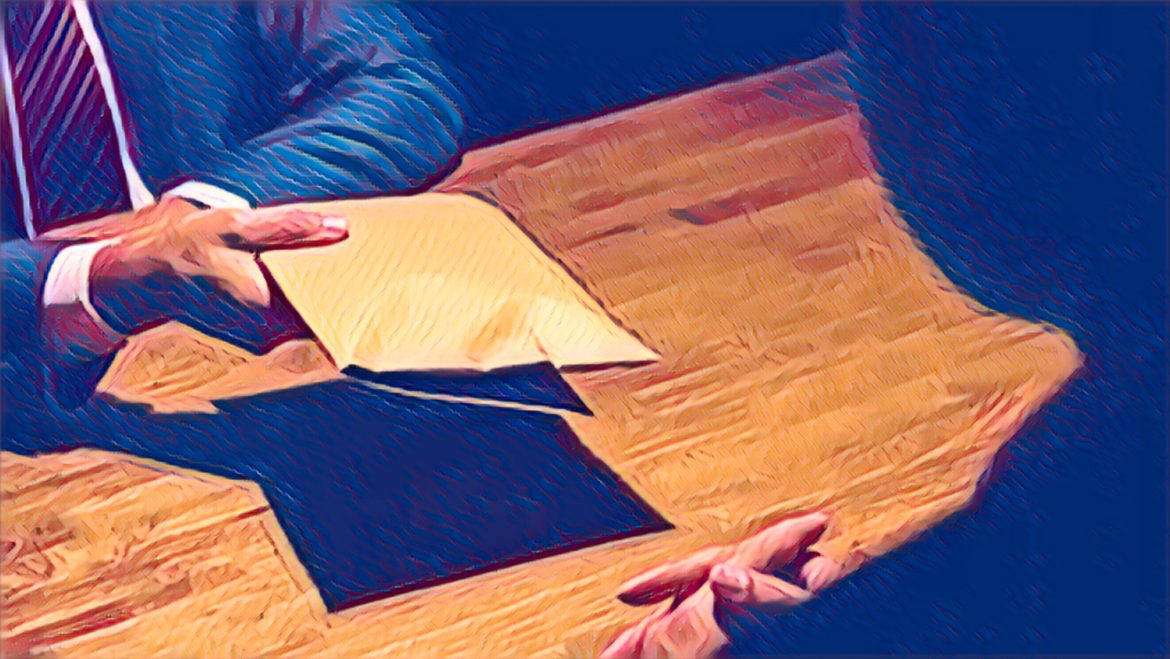Key Points
- Judicial corruption and political interference continue to delay justice.
- Specialized anti-corruption bodies have made strides but still face limitations.
- Transnational corruption requires enhanced international cooperation for asset recovery.
Corruption, the exploitation of authority for individual benefit, compromises governance, diminishes public confidence, and hinders progress. Despite substantial advancements in addressing corruption via legal reforms and prominent prosecutions, significant obstacles persist in the efficient prosecution of criminal offences.
Legal and institutional progress in corruption litigation
In recent decades, international legal structures and institutions have been enhanced to address corruption. The United Nations Convention Against Corruption (UNCAC), enacted in 2003, has established a benchmark for global anti-corruption initiatives, with more than 180 nations ratifying it.
Specialized anti-corruption agencies have also arisen. Brazil’s Operation Car Wash (Operação Lava Jato), initiated in 2014, illustrates the efficacy of coordinated investigations, revealing an extensive bribery network within state-owned corporations such as Petrobras.
According to OCD Library ,the operation resulted in the conviction of more than 100 persons, encompassing political leaders and commercial magnates, notwithstanding political opposition.
These institutions emphasize the significance of legal reforms and specialised bodies in combating high-level corruption. Investigative journalism and civil society have been crucial in exposing corruption, hence enhancing public awareness and advocating for legal reforms.
Principal obstacles in prosecuting corruption
In Russia and Nigeria, politically tainted judicial systems hinder the prosecution of high-ranking leaders. Judicial corruption frequently leads to protracted litigation or erroneous acquittals.
Political meddling constitutes a substantial challenge. Political leaders often leverage their power to evade prosecution. The State Capture Inquiry in South Africa exemplifies a situation where corrupt elites, such as the Gupta family, have not confronted significant charges despite compelling evidence.
Moreover, the economic influence of major firms can postpone or impede judicial processes. Corporations can exploit their financial assets to influence the system, exemplified as the FIFA corruption scandal.
A further difficulty is transnational corruption, characterised by the movement of illicit funds across borders, which complicates the tracing and recovery of misappropriated assets.
The FIFA scandal, characterised by bribery in several nations, exemplifies the challenges of holding individuals accountable when financial resources are concealed in tax havens or offshore accounts.
Prominent instances provide significant insights into the difficulties of corruption trials. Brazil’s Operation Car Wash has been a highly effective investigation, revealing an extensive bribery scheme within Petrobras and resulting in the conviction of numerous prominent figures.
Strategies for surmounting obstacles
According to transparency international, nations must prioritise judicial reforms to safeguard judicial independence and diminish political meddling in order to effectively tackle corruption. Enhancing institutions and providing sufficient training for law enforcement and judges is crucial for managing intricate corruption situations. Transparency initiatives, like open data systems and electronic government platforms, can diminish prospects for bribery and fraud.
International collaboration is essential in combating transnational corruption, especially via asset recovery agreements and cross-border financial enquiries. Enhancing legal frameworks for extradition and increasing the openness of financial institutions might impede corrupt individuals from concealing illicit assets.
By overcoming these obstacles, the international community may promote more accountable and transparent democracies.


